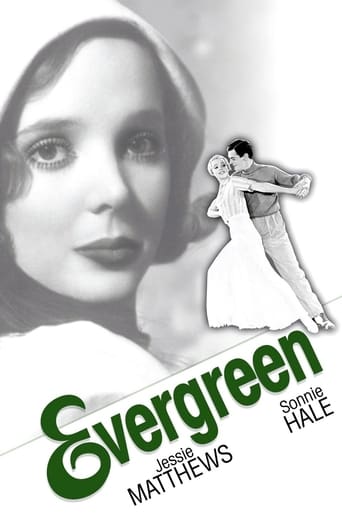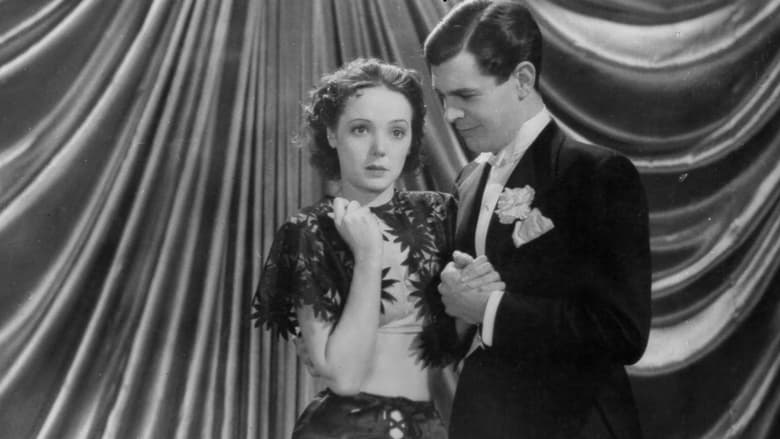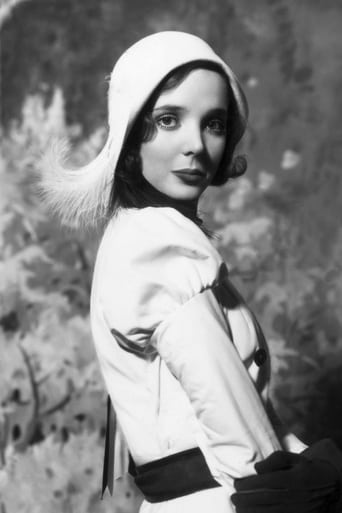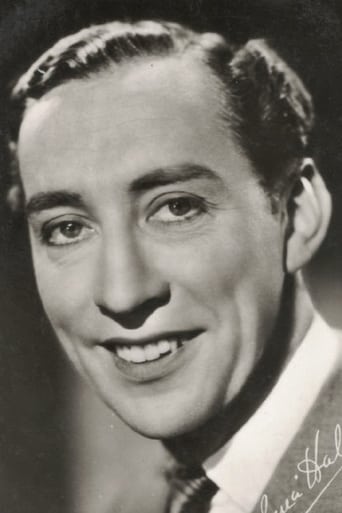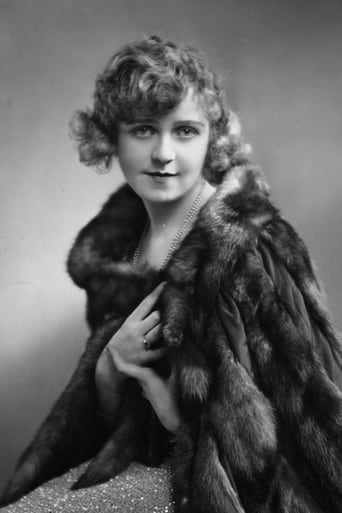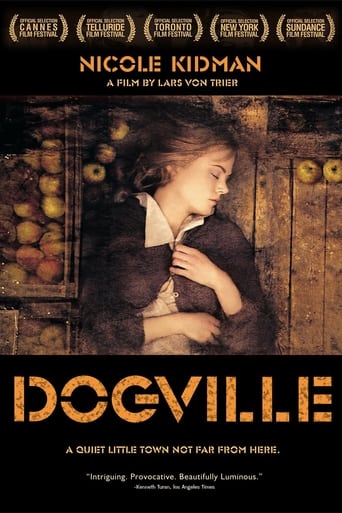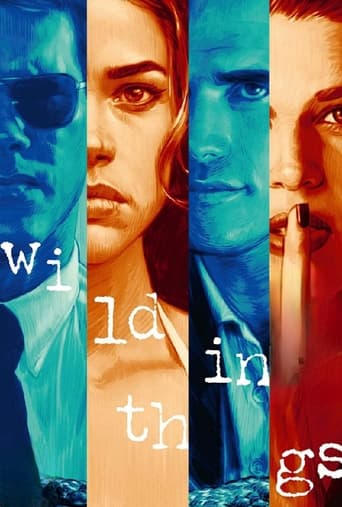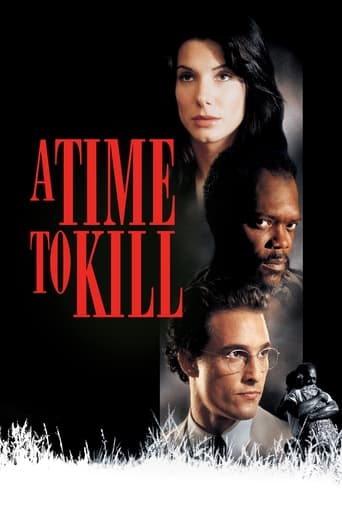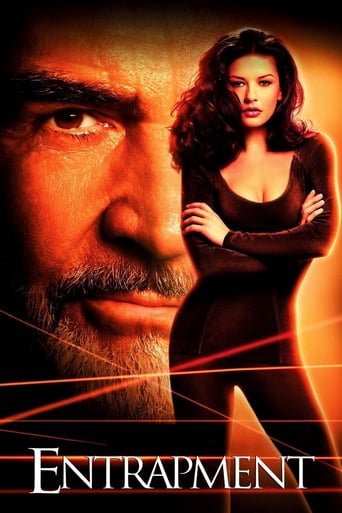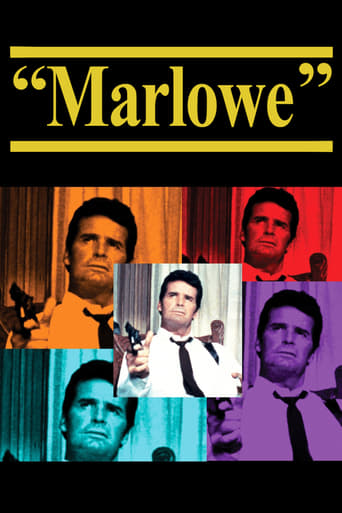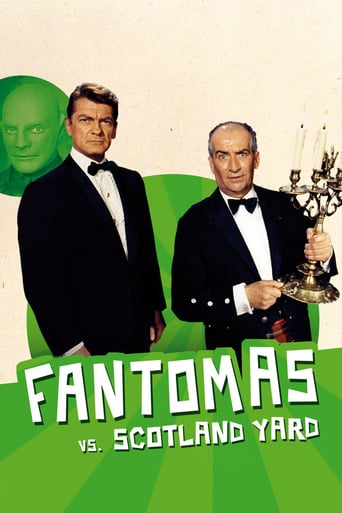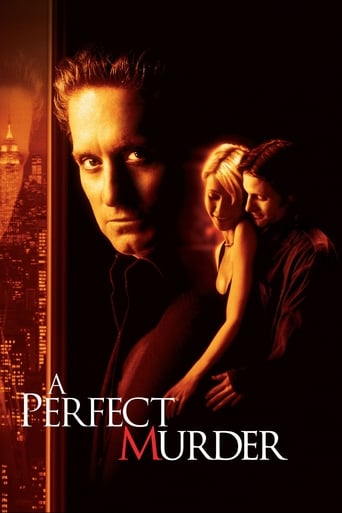Evergreen (1934)
Harriet Green, a beloved and radiant music hall star of the Edwardian era mysteriously disappears on the eve of her wedding. Years later she reappears on the stage as young looking and beautiful as ever.
Watch Trailer
Free Trial Channels
Cast


Similar titles
Reviews
Tied for the best movie I have ever seen
Charming and brutal
While it doesn't offer any answers, it both thrills and makes you think.
It's the kind of movie you'll want to see a second time with someone who hasn't seen it yet, to remember what it was like to watch it for the first time.
As a lifelong fan of Larry Hart I knew that sooner or later I'd have to watch this for not only was it based on a show of the same name which was written by Rodgers and Hart some four years earlier, it also retained a couple of their songs including the standard Dancing On The Ceiling, albeit Matthews walks through it (sorry about that, no, on reflection I'm NOT sorry, because that's exactly what she does do, throwing it away and displaying absolutely no sense of timing or phrasing. On the other hand it WAS 1934, in the heart of the Great Depression so it's reasonable to assume that no one was being too critical and was happy to settle for something to take their minds of reality for an hour or so.
"Ever Green" (the musical play) was a triumph for Jessie Matthews and opened at the Adelphi Theatre on the West End in December, 1930 for a lengthy seven month run. Fortunately Jessie was able to repeat her role in the film version four years later but unfortunately they were not able to get Fred Astaire, who had been appearing on the London stage in "The Gay Divorce and had wisely been snapped up by RKO. Victor Saville, who had been the first director to bring out Jessie's film potential in "The Good Companions" (1933), had been desperately hoping to hire Astaire to star opposite her. What an amazing dancing team they would have been, but he had to make do with boring Barry MacKay who could neither sing nor dance. Even though Jessie was called the "Dancing Divinity", her film experience and different directors had left her with an inferiority complex about her looks and her cinema appeal. Two people who joined her on "Evergreen" actually gave Jessie the confidence to believe she could become a star - Glen MacWilliams, a cinematographer who helped to show her how to accentuate her very cute features to advantage and Buddy Bradley, the American choreographer who bought something extra to her dances and made them extremely memorable.In most of Jessie Matthews films she was always pretending to be someone she is not - similar to the Astaire/ Rogers films. Harriet Green is a beloved music hall entertainer who delights fans with her renditions of "Daddy Wouldn't Buy Me a Bow Wow" and "I Wouldn't Leave My Little Wooden Hut for You", but at the end of her performance she astonishes fans with the news that she is retiring to marry a Nobleman. Her happiness is destroyed when her long thought dead lover appears and demands "hush money". She disappears - but leaves her little daughter in a maid's care.Jump to 1934 and Harriet Green (Jnr) is an out of work chorus girl who catches the eye of Leslie Benn (Sonnie Hale) who knew her mother. His leading lady walks out in a huff and he comes up with the "stunt" of passing Harriet off as her own mother. When she sings one of her mother's favourite songs, the publicity team go into action. With the help of a gray wig and some glasses she actually pulls it off but it means she has to hide her own considerable talent and it frustrates her. Hale leads a rehearsal of the infectious "Tinkle, Tinkle, Tinkle". "When You've Got a Little Springtime in Your Heart" is given quite a bizarre treatment (one of the many times the song is sung) as a huge hourglass is sent spinning through the years as Harriet leads a riotous charleston, chorus girls are turned into bombs and bullets on a 1914 assembly line, until the hour glass is smashed in 1904 and Harriet sings "Daddy Wouldn't Buy Me a Bow Wow". The Marquis of Staines suddenly makes his appearance and in his befuddled state comes to the conclusion that Tommy (Barry MacKay) is really Harriet's son. In one of the best lines in the film Tommy says to the audience "I've been in love with her for weeks - but I have to go around calling her "Mummy". Staines proposes to Harriet and Tommy urges her to accept - for publicity. She accepts in anger but the duet "Dear, Dear" which she and Tommy sing shows the coolness melting with a long kiss (it also shows that Barry MacKay was no singer). Staines suggests that Tommy move in with his "mother" to look after her. Harriet does a sublimely beautiful dance to "Dancing on the Ceiling" - apparently Jessie improvised that dance and showed why she was called the "Dancing Divinity".By opening night Harriet is determined to make it on her own and not as her own mother - so in a spirited tap dance to "Over My Shoulder" - the jig was up (as they say in America). In court - for defrauding the public, Harriet Green proves she can stand on her own as a beautiful singer and the stage is set for a sparkling finale, with a medley of "Tinkle, Tinkle, Tinkle", "Over My Shoulder" and "When You've Got a Little Springtime in Your Heart". This is just the most gorgeous musical with Jessie Matthews at her most beautiful best. Also of note is Betty Balfour as the dizzy countess, she was one of the early stars of the British stage and films.Highly, Highly Recommended.
I must add to the other raves on this page. This is an utterly charming and delightful film, derived from the London production of a Rodgers and Hart musical. Sadly, only three of their songs are retained, but one is the classic DANCING ON THE CEILING. Five songs by Henry M. Woods and others fill out the score.Matthews is a sheer delight, reminding me of Joan Collins, Julie Andrews, Jane Wyatt and Jennifer Jones, all rolled into one.The plot is cute and its twists and turns are fun. It moves swiftly with marvelous performances and the cinematography, art direction and editing are all top notch.I saw an impeccable print on Turner. Highly recommended to all musical film enthusiasts.The order of songs as they appear in the film:DADDY WOULDN'T BUY ME A BOW WOW (Tabrar) I WOULDN'T LEAVE MY LITTLE WOODEN HUT (Collins/Mellor) A LITTLE SPRINGTIME IN YOUR HEART (Woods) IF I GIVE IN TO YOU (Rodgers/Hart) TINKLE, TINKLE, TINKLE (Woods) DEAR DEAR (Rodgers/Hart) DANCING ON THE CEILING (Rodgers/Hart) OVER MY SHOULDERR (Woods)
This film appeared more frequently on Channel 13 in the late 1980s than it does today. I'm glad it has been transferred to DVD, and I hope to find it one day.The film was based on a musical comedy of the same name that was composed by Richard Rodgers and Lorenz Hart but produced in London. It starred the rising musical comedy star of the 1930s and early 1940s Jessie Matthews. Married to Sonny Hale (who appears in the film as her producer) the story was about how Matthews takes part in a mild swindle. She is the granddaughter of a turn-of-the-century stage star, a beauty of that day, and Matthews pretends she is the same woman who has retained her youthful looks (but has grayish hair) due to a "fountain of youth" concoction. Hence the title, EVERGREEN. The show had many R.& H. tunes in it, but the best one was "Dancing on the Ceiling" which is still a standard.In the movie, Jessie Matthews only pretends to be her mother, but the story is relatively the same. The complications involve her increasing romance with her publicist, her having to keep up the fiction of her reawakening an older romance with the aristocrat who romanced her mother, and her having to handle the blackmail of her actual father. It does eventually work out, even for the blackmailer (Hartley Powers).Given the relative poverty in budgets of British musicals as opposed to Americans ones, this film is on par with the best American musicals of the period. As for Matthews, she went on to other musical film triumphs, including "FIRST A MAN", a musical about a woman, pretending to be a female impersonator. It was based on a German film, and both were the basis for the Julie Andrews - Robert Preston - James Garner triumph VICTOR/VICTORIA.

